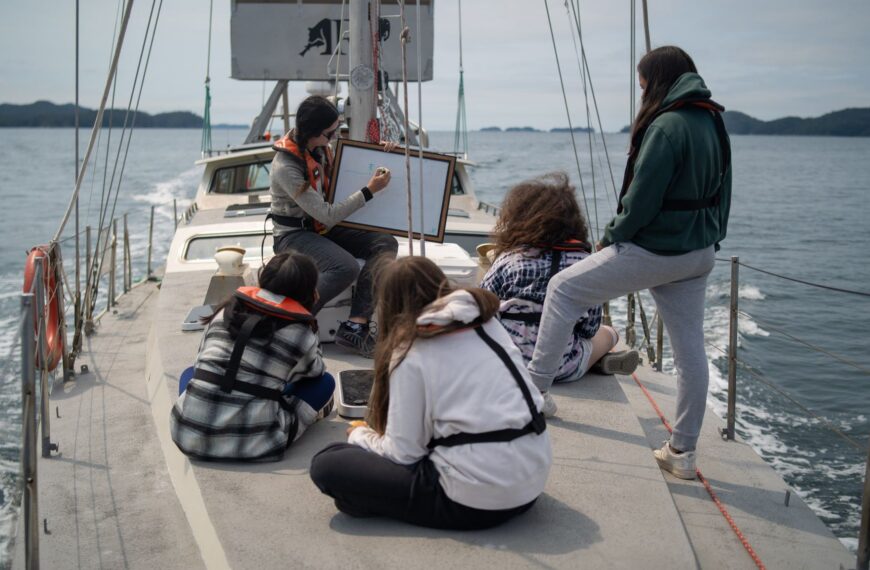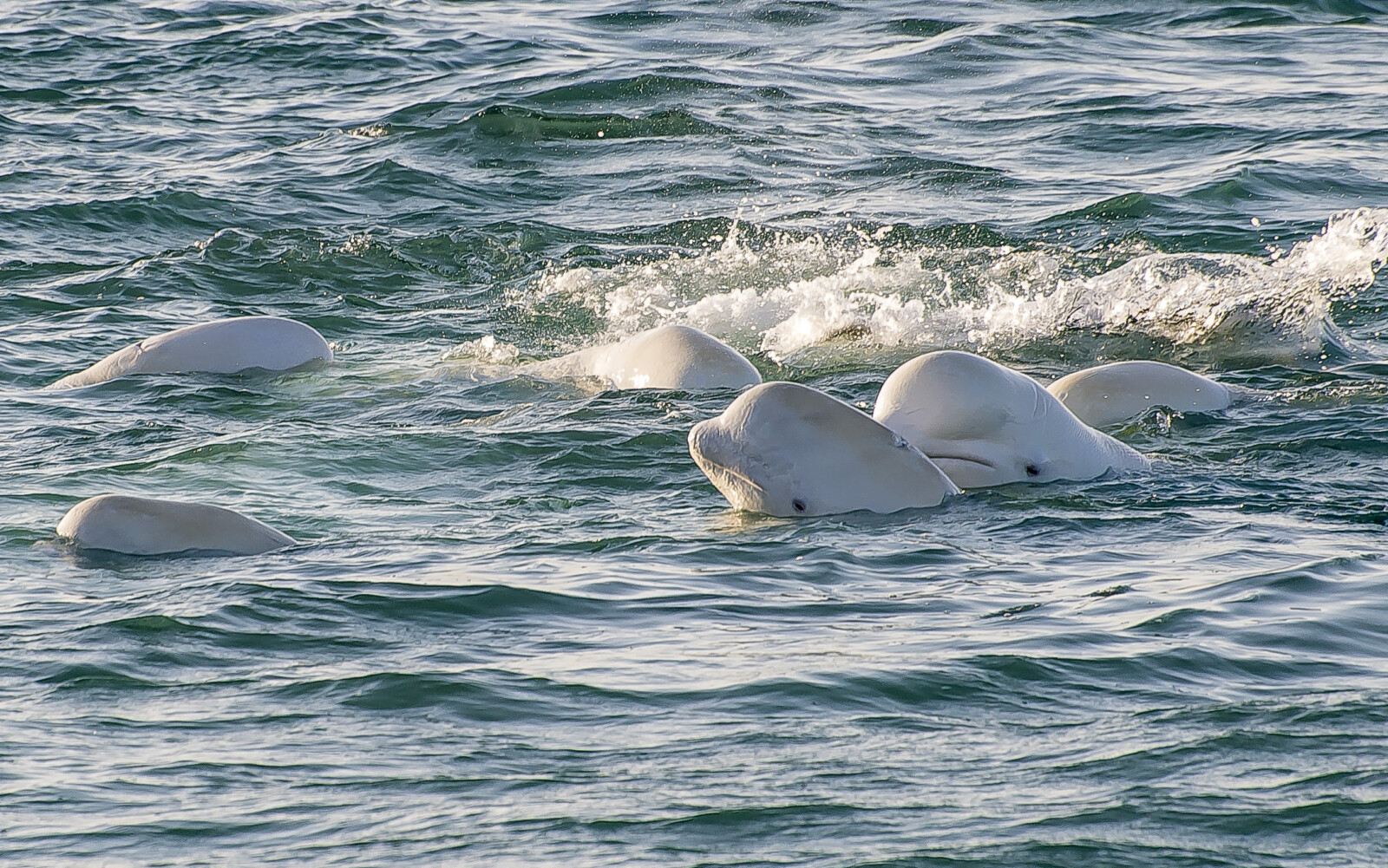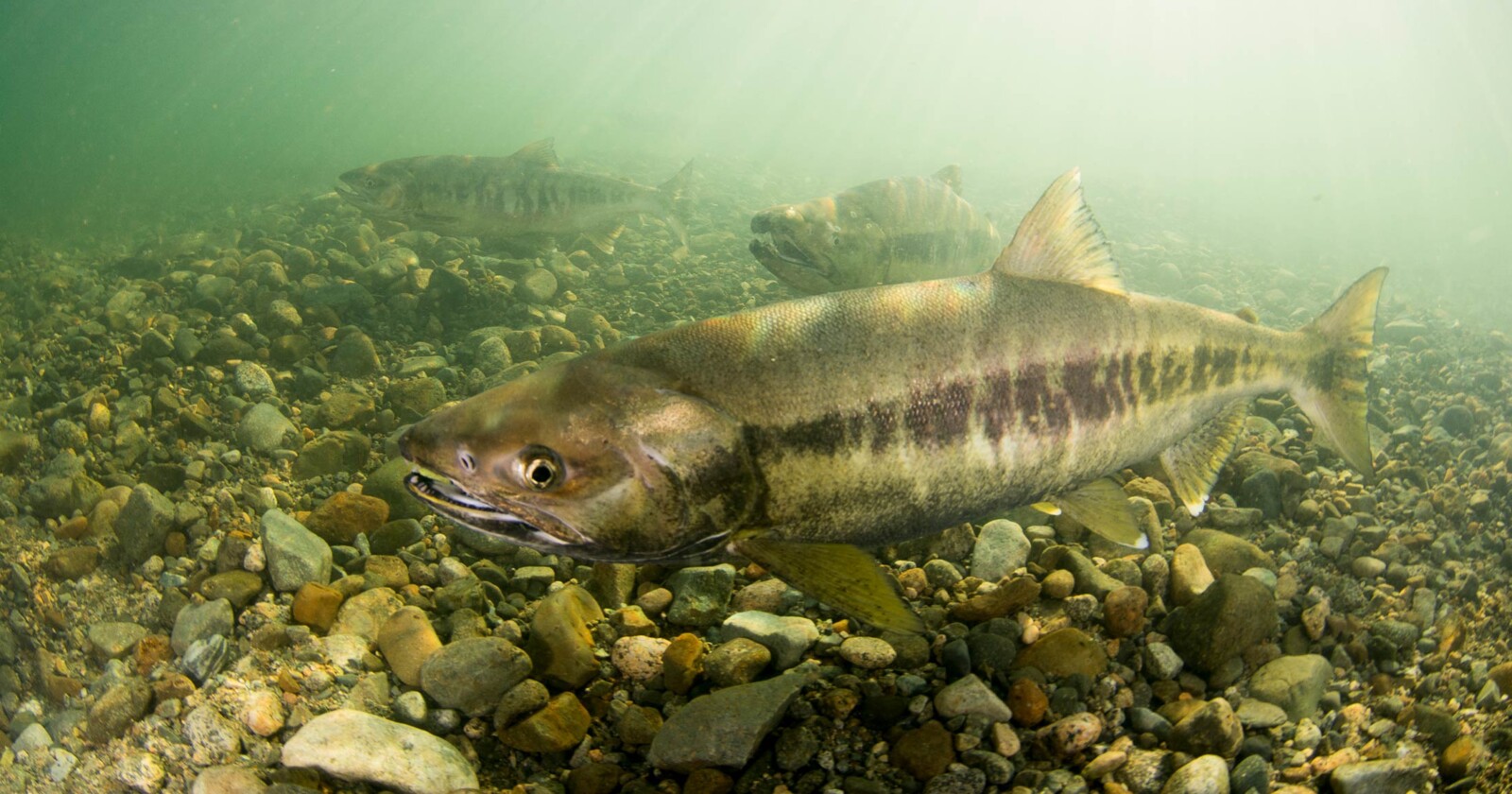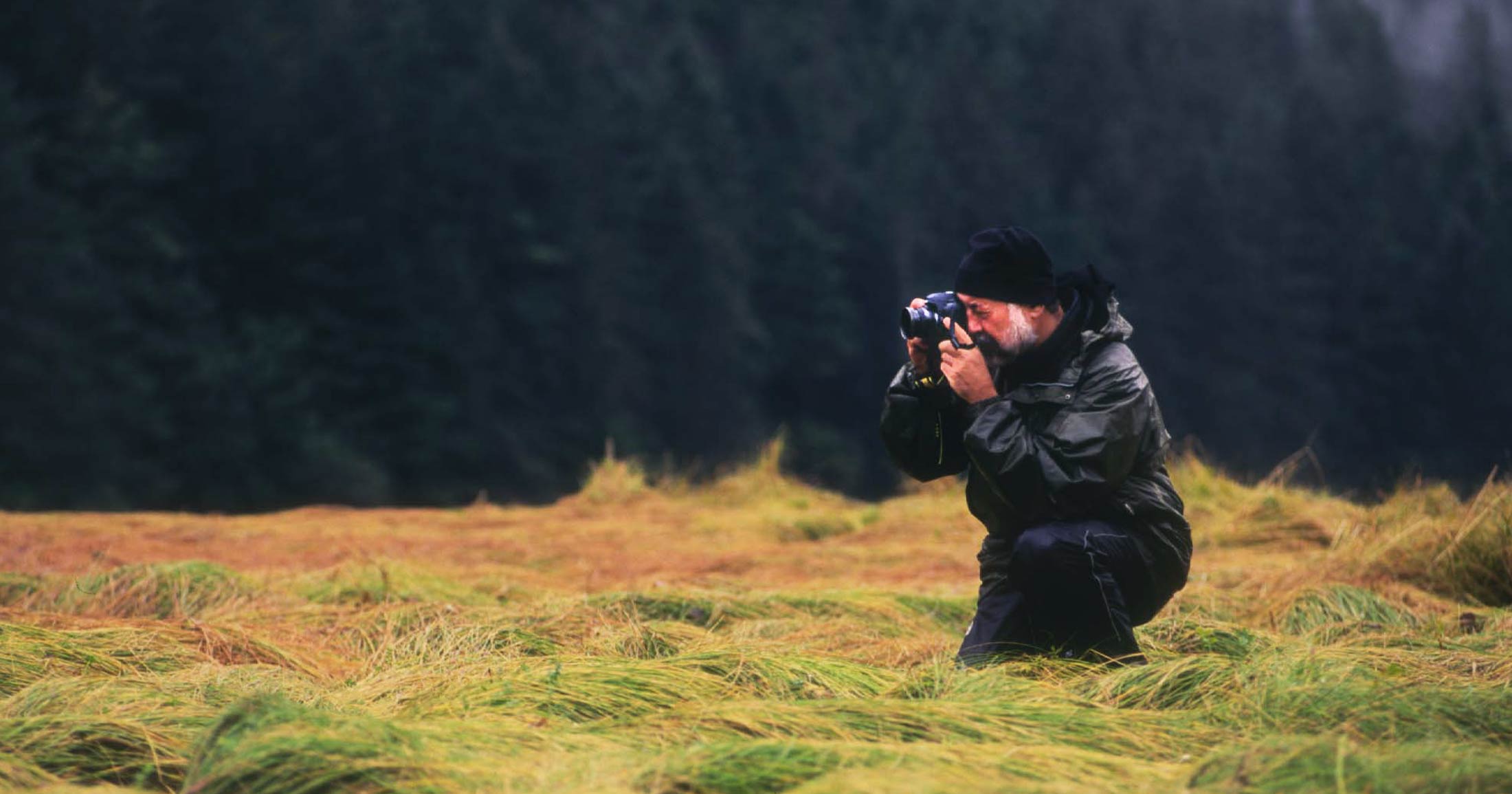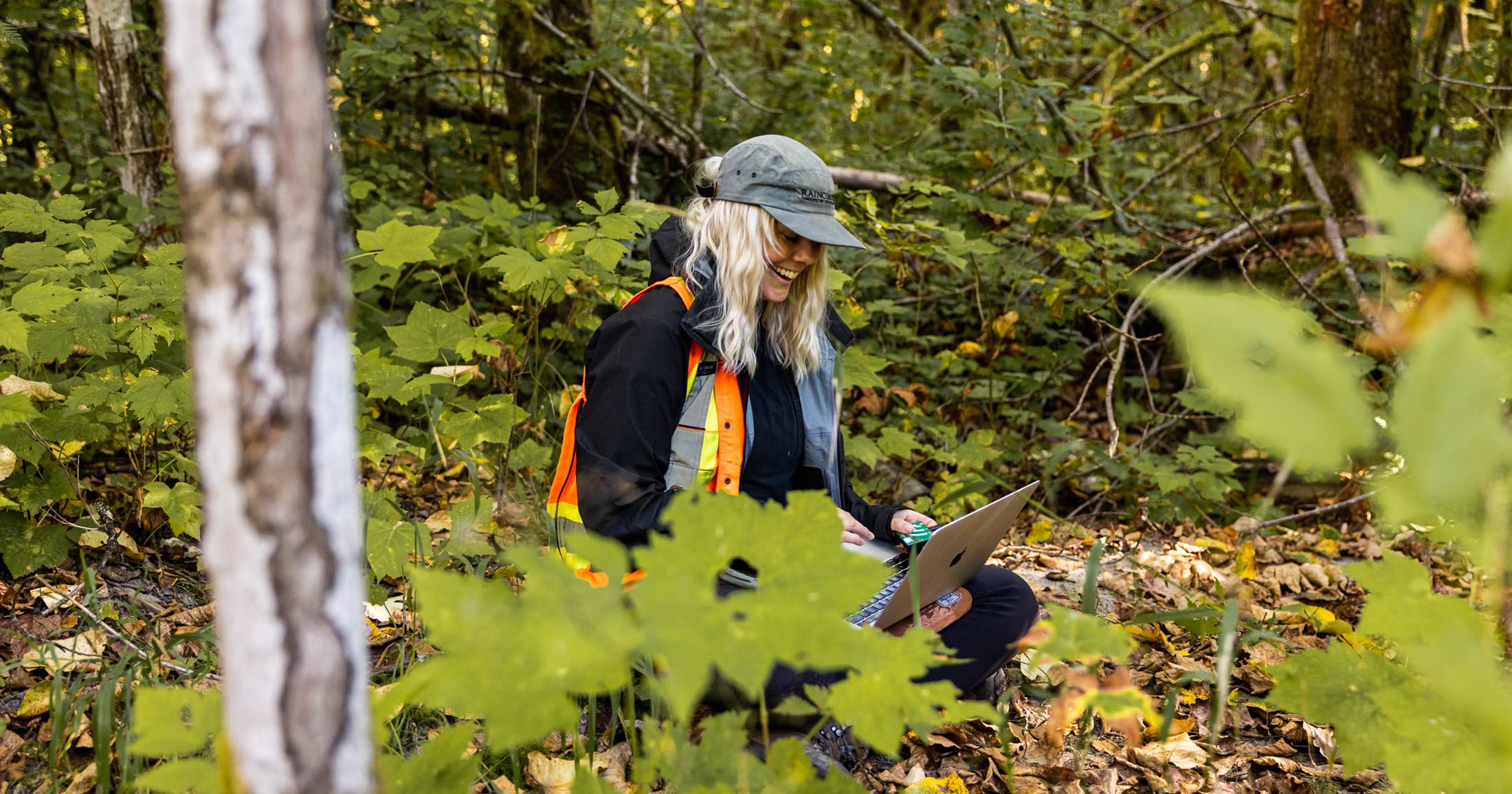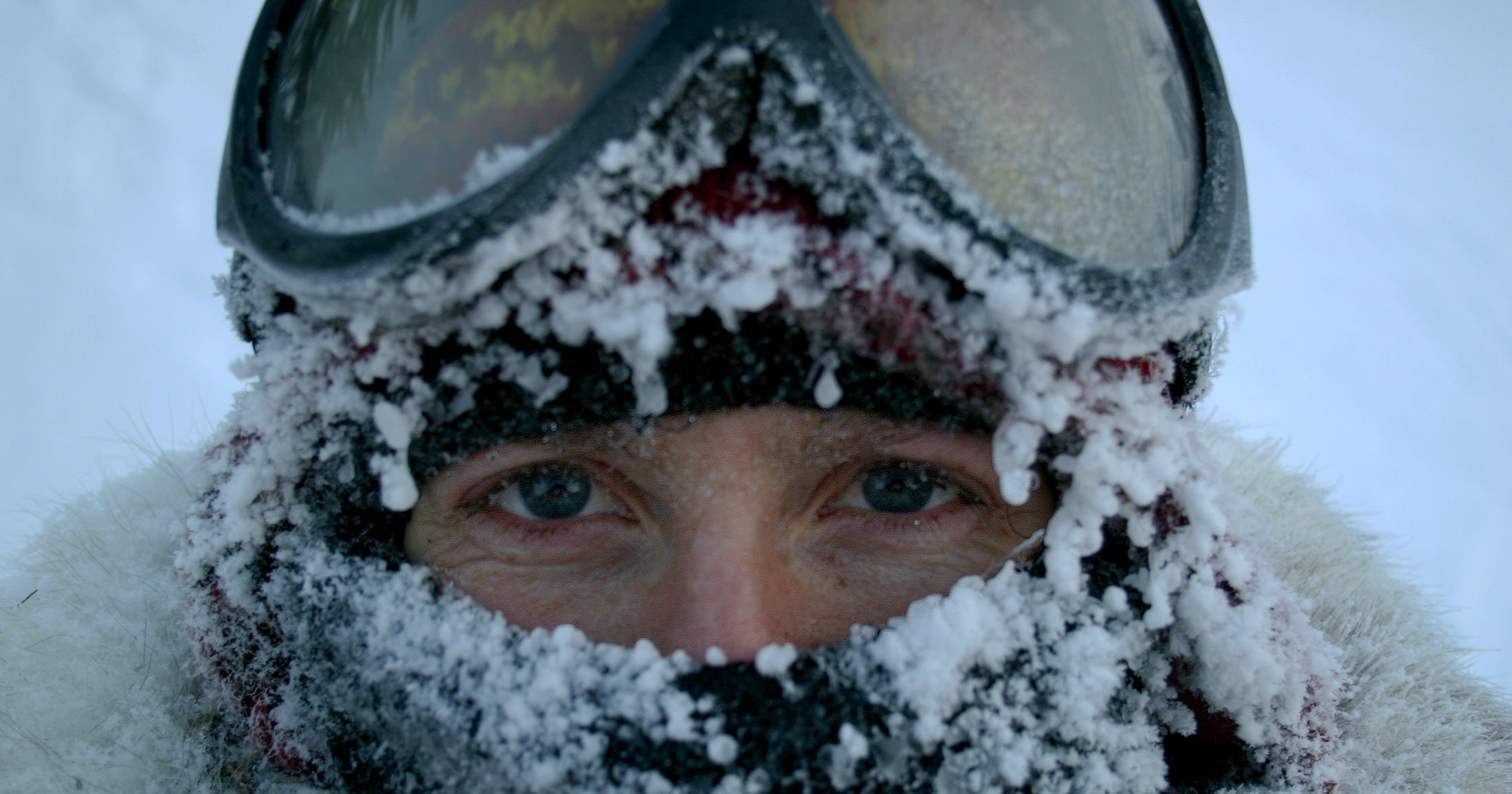Grizzly viewing beats hunting
by Chris Genovali
letters – Victoria Times Colonist and Vancouver Province
Published: Sunday, June 15, 2008
Re: ” Poll: Ban grizzly hunting in B.C.,” June 11. British Columbians have been strongly opposed to the grizzly hunt for several years. In 2001, the International Fund for Animal Welfare commissioned Strategic Communications to conduct a province wide poll on the subject.
The Stratcom poll demonstrated there was 59 per cent support for a complete ban on sport hunting of grizzlies, and 81 per cent support for a five-year moratorium. Support for both was across virtually all demographic groups.
Currently, neither Gordon Campbell’s Liberals (who overturned the grizzly hunt moratorium implemented in 2001) or Carole James’ NDP are in favour of a ban or a moratorium.
The result of continued government inaction is that last year saw a record 430 grizzlies killed, with more than 84 per cent of those mortalities due to sport hunting.
According to government kill data, which Raincoast Conservation fought for five years to acquire, 10,871 grizzlies have been killed since 1975, with 87 per cent caused by sport hunting.
Vancouver Islander Dean Wyatt, of the Commercial Bear Viewing Association, is correct when he states that British Columbians support the growth of the bear viewing industry. A 2003 study by Raincoast Conservation and the Centre for Integral Economics revealed that grizzly bear viewing was outperforming the grizzly hunt in terms of revenue generation by essentially a two-to-one ratio. That ratio is likely much more dramatic in 2008 given the growth which has occurred in wilderness tourism during the intervening years.
Chris Genovali
Raincoast Conservation
Sidney
You can help
Raincoast’s in-house scientists, collaborating graduate students, postdoctoral fellows, and professors make us unique among conservation groups. We work with First Nations, academic institutions, government, and other NGOs to build support and inform decisions that protect aquatic and terrestrial ecosystems, and the wildlife that depend on them. We conduct ethically applied, process-oriented, and hypothesis-driven research that has immediate and relevant utility for conservation deliberations and the collective body of scientific knowledge.
We investigate to understand coastal species and processes. We inform by bringing science to decision-makers and communities. We inspire action to protect wildlife and wildlife habitats.


